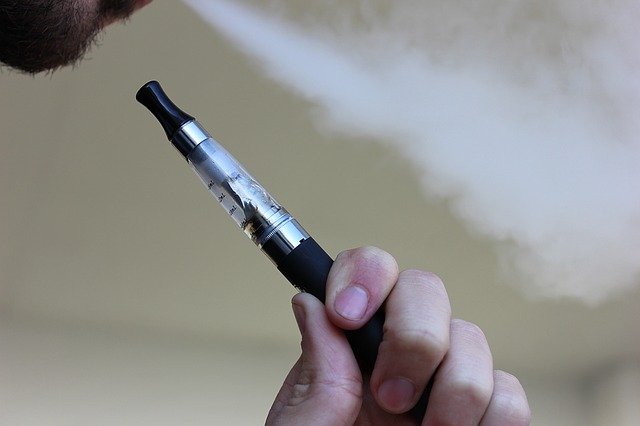Quitting Smoking? Here are 5 Tips to Help You Power Through the First Week
Deciding to quit smoking is a huge step. Now that you’ve decided to stop, your next step is making it through your first week successfully.
The first week may be challenging. You will experience several physical and psychological symptoms as your body adjusts to being without nicotine. Instead of driving all over town looking for the nearest vape pen accessories in meltdown mode, use these tips to power through your week and stay on track towards reaching your goal.
Experiencing Nicotine Withdrawal
You may be wrestling with the idea of going through nicotine withdrawal. You’re likely to experience feelings of discomfort whether you are quitting cold turkey or using a quit aid.
Withdrawal symptoms can include irritability, depressed mood, increased appetite, anxiousness, difficulty concentrating, and more. Many people also report flu-like symptoms.
1. Adjust Your Habits
People are creatures of habit. While smoking was one of your habits, you assuredly have many others. A few of your habits may remind you of smoking and possibly lead to backsliding. Adjust your routine. Eat at different places, travel a different way to work, or change the order of the steps you take to get ready in the morning.
2. Make Time for Activities that Reduce Stress
Your body and mind need time to recover. Schedule a time during the day when you can do a relaxing or fun activity. You could go for a walk, talk with a friend, or participate in a hobby. Scheduling this time is crucial because it’s hard to fit it in your day if you don’t. In addition to your scheduled time, make a list of a few activities you can do right away when you’re feeling stressed or anxious.
Learn to practice deep breathing. When the cravings strike, or when you’re feeling anxious from withdrawal symptoms, deep breathing can help you relax. Take deep breaths in through your nose, hold for a few seconds, and breathe out. Do this for at least ten breaths or until you feel calm again.
3. Eat Healthily
Quitting smoking depletes plenty of energy. Your body is busy breaking down and eliminating toxins from cigarettes, and you are dealing with withdrawal symptoms. Give your body the energy it needs by choosing healthy foods like fruits, vegetables, and whole grains. Skip the junk food. It won’t help.
Skipping meals will cause your blood sugar to drop. If this happens, you will feel the urge to smoke. Eat three large or five small meals a day. Have healthy snacks prepared, such as celery sticks, carrots, or berries that you can grab in a pinch.
You may also find taking a multivitamin helpful. This will restore some of the nutrients that smoking has depleted, and it will help you combat fatigue.
4. Drink Water
Your body is made up of 70% water. Staying hydrated is vital for your health even when you’re not in the middle of quitting smoking. You will feel better overall, making quitting more manageable. Water will also speed up the process of flushing the toxins from smoking out of your body, and it can help curb your appetite.
Drink mostly water, but herbal teas and fruit juices are excellent as well. Avoid caffeine and alcohol — these can negatively affect your mood and increase your urge to smoke.
5. Get the Sleep You Need
You will probably feel tired from the stress of nicotine withdrawal and the physical toll it’s taking on your body. If you feel like you need a little extra sleep this week, allow yourself the time you need. Your energy will come back when you’ve recovered.
Your first week after quitting will be strenuous. Seek the support of family and friends during this time. Ask them to help you follow these tips. Consider joining a support group, whether online or in person, so you can share your experience with people who have been through it. Resolve to get through this week and remember that these hard days won’t last forever.

